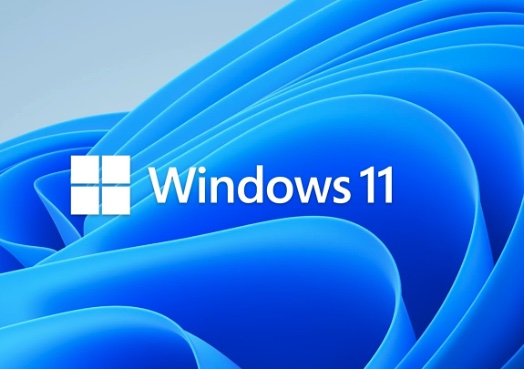September 7 News — The August 2025 Tuesday Patch Update (Windows 11 24H2 KB5063878) has proven to be one of the most troublesome in recent memory. As with many past Windows monthly patches, this one has not been without flaws, and even introduced several serious issues. Beyond problems like NDI OBS streaming failures and Windows installer malfunctions, many users have reported abnormal behavior with their NVMe SSDs — in some cases the drives disappear from the system, and under heavy data loads, data corruption may occur.
Following initial reports, Phison Electronics confirmed it was investigating the matter, since some of its SSD controllers were suspected to be affected. However, about a week and a half later, the company released its findings — to the disappointment of many users. Phison stated that after 4,500 hours of comprehensive testing, it was unable to reproduce the failure.
Microsoft soon followed with its own statement, reiterating Phison’s conclusion — the company also found no direct link between SSD malfunctions and the August patch.
Despite these statements, doubts persisted on social media. Some users claimed their SSD issues continued, leading to speculation that Phison and Microsoft’s testing may have overlooked certain details.
Of course, it remained possible that some NVMe SSDs were indeed failing independently of the Windows 11 24H2 update, their timing being nothing more than coincidence.
Now, however, the real cause of the issue may have been uncovered. A Chinese PC DIY enthusiast group on Facebook, “PCDIY!”, appears to have identified the true culprit: the affected SSDs were running engineering firmware versions, and the Windows 11 update may have triggered latent problems within these pre-release builds.
Rose Lee, an administrator of the PCDIY! group, revealed that Phison engineers had successfully validated this conclusion in their labs, lending credibility to the finding. Lee wrote in the group:
“PCDIY! testing shows that all SSDs which crashed due to the Windows 11 update were running pre-release engineering firmware rather than final production firmware. All SSD vendors using Phison controllers source chips directly from the manufacturer and mass-produce drives using production tools. Therefore, consumer SSDs delivered through retail channels are shipped with official, stable firmware that has undergone full validation and does not exhibit the issues found in engineering versions.”
This means retail NVMe SSD buyers have nothing to fear, since production firmware is unaffected. It also explains why Phison and Microsoft did not encounter the problem in testing — they were likely using qualified retail products.
That said, if your SSD is still experiencing issues, it is recommended to update its firmware — but always back up all data first to avoid potential loss.
Additionally, Phison clarified reports of “slower SSD speeds.” The slowdown occurs when the SLC cache is saturated during large data transfers. In such cases, users must perform a Secure Erase to restore performance; a standard Windows format is insufficient to resolve the issue.























+ There are no comments
Add yours